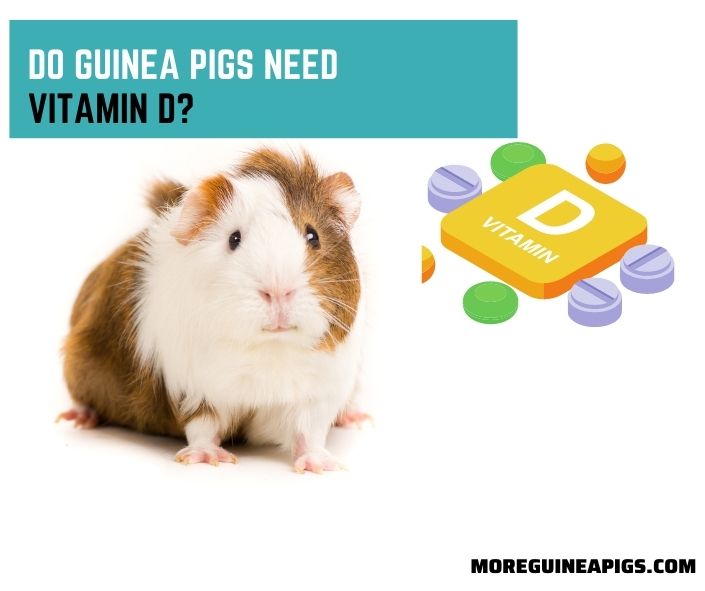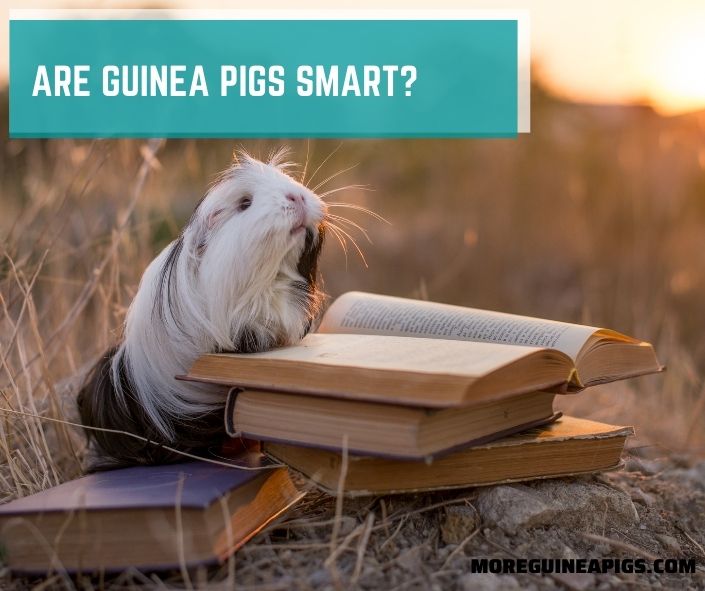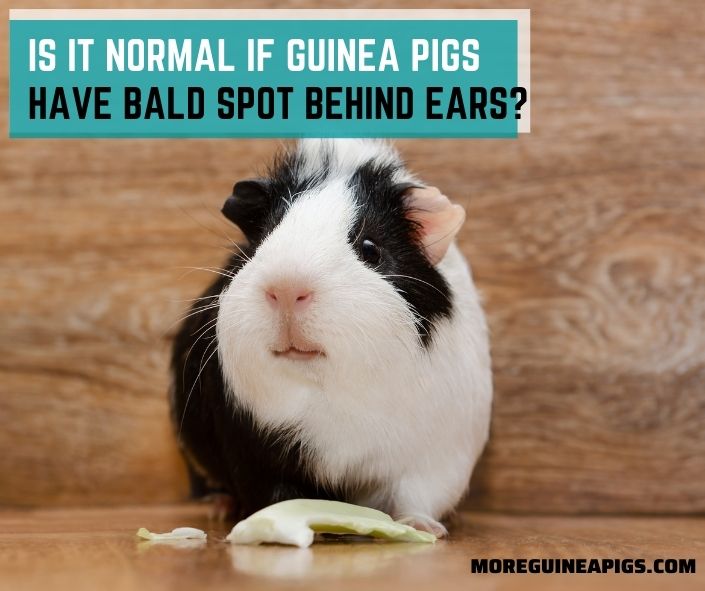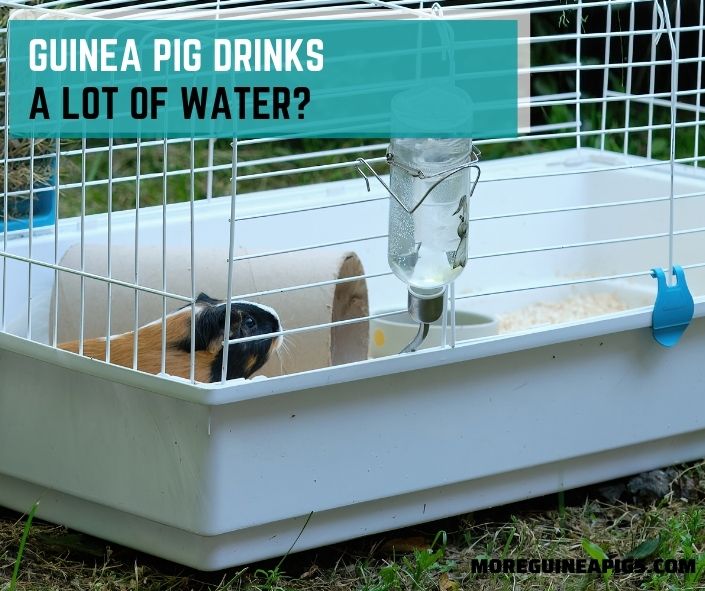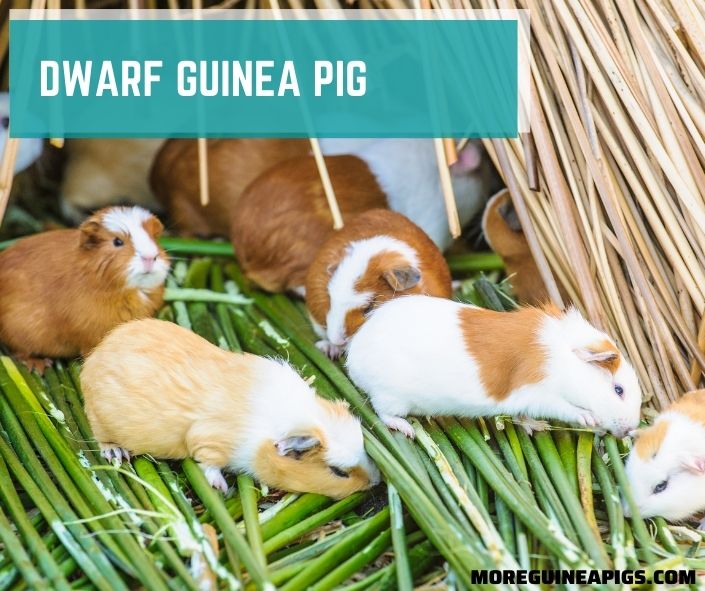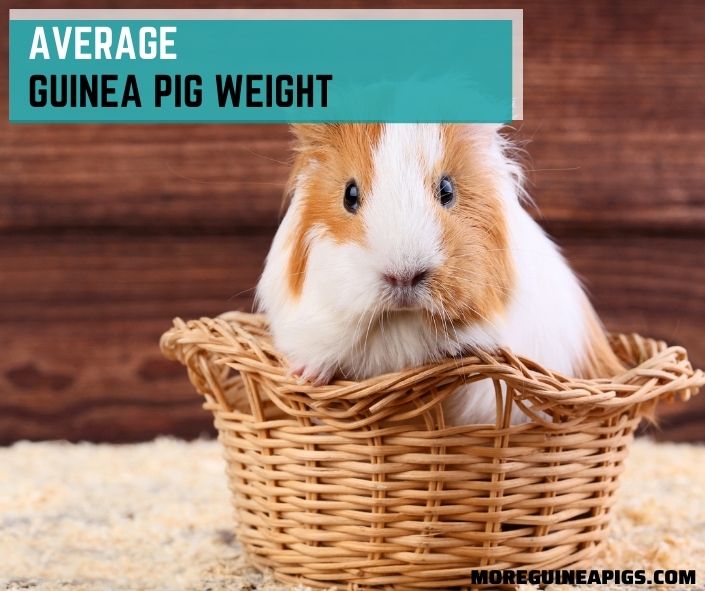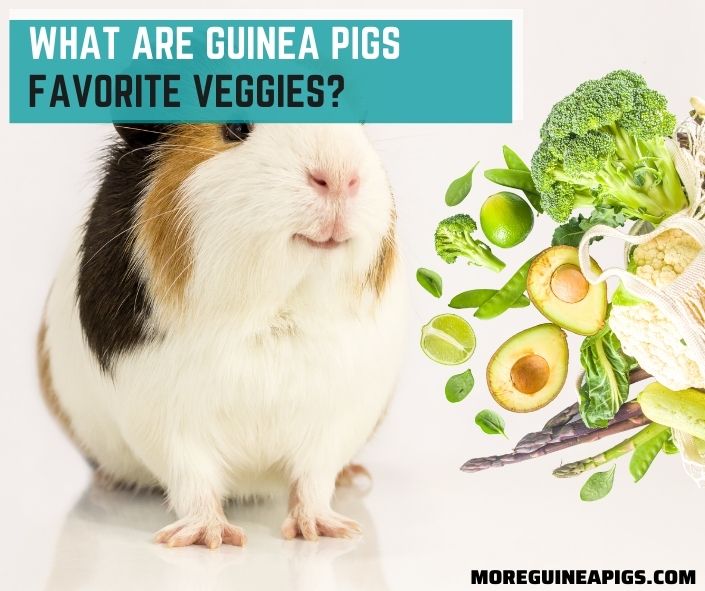Do Guinea Pigs Need Vitamin D?
Ever wonder if guinea pigs need sunlight? Or perhaps if ever they need Vitamin D? Maybe you’re concerned about their diet and wondering if you should give them Vitamin D too?
Well this surely is the right place! We’re going to talk about whether guinea pigs need Vitamin D, how they receive it, and any risks involved.
So let’s not keep your guinea pigs waiting in the dark now, chop chop buddy.
Do Guinea Pigs Need Vitamin D?
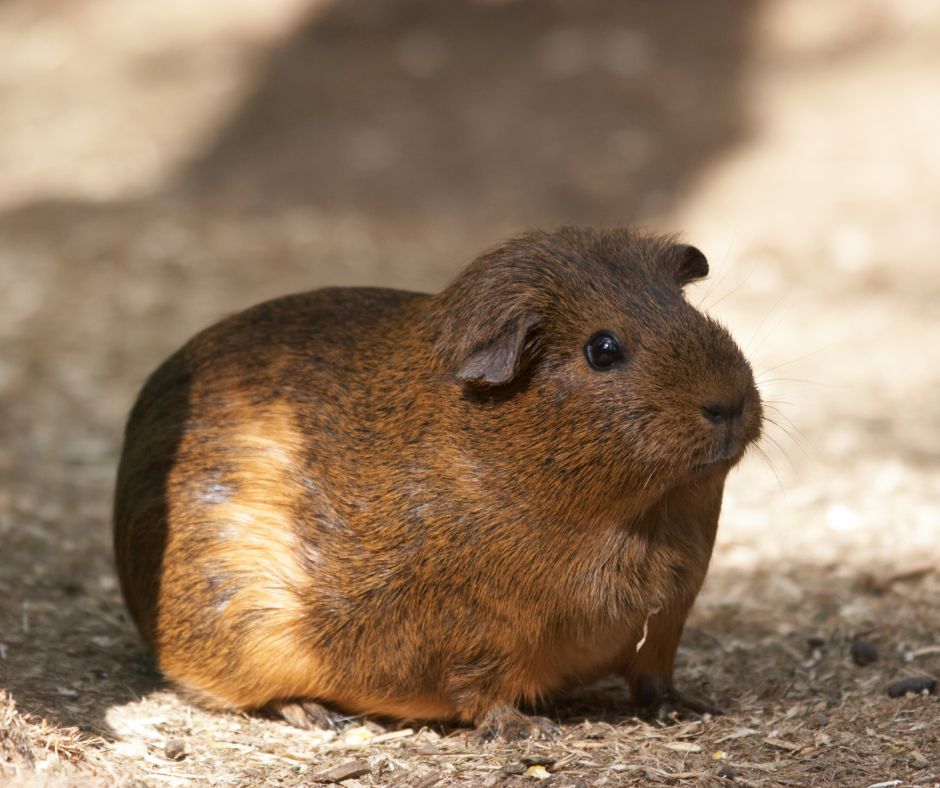
Yes, guinea pigs need an ample amount of Vitamin D, this is to ease, increase and smoothen the calcium absorption needed which is eliminated by their kidneys. They receive this through direct sunlight or from their diet and should be taken in at a 0.025mg/kg diet.
Benefits of Vitamin D For Guinea Pigs Healthy
Guinea pigs enjoy several benefits thanks to Vitamin D. These are better calcium absorption, higher immunity function, and Vitamin D naturally promotes bone, muscle, and heart health.
Vitamin D allows for the small quantity absorption of calcium from the gut, which is eventually excreted by the kidneys.
Calcium Absorption is important as the kidneys of guinea pigs tend to eliminate calcium for guinea pigs, and calcium promotes healthy bones. Higher immunity function means that your guinea pig has better defenses against bacteria and infection.
Muscle and heart health are important too! There are not a lot of foods that guinea pigs can eat that can promote muscle and heart health, which makes Vitamin D an essential component for a generally healthy guinea pig.
How Do You Give Your Guinea Pig Vitamin D?
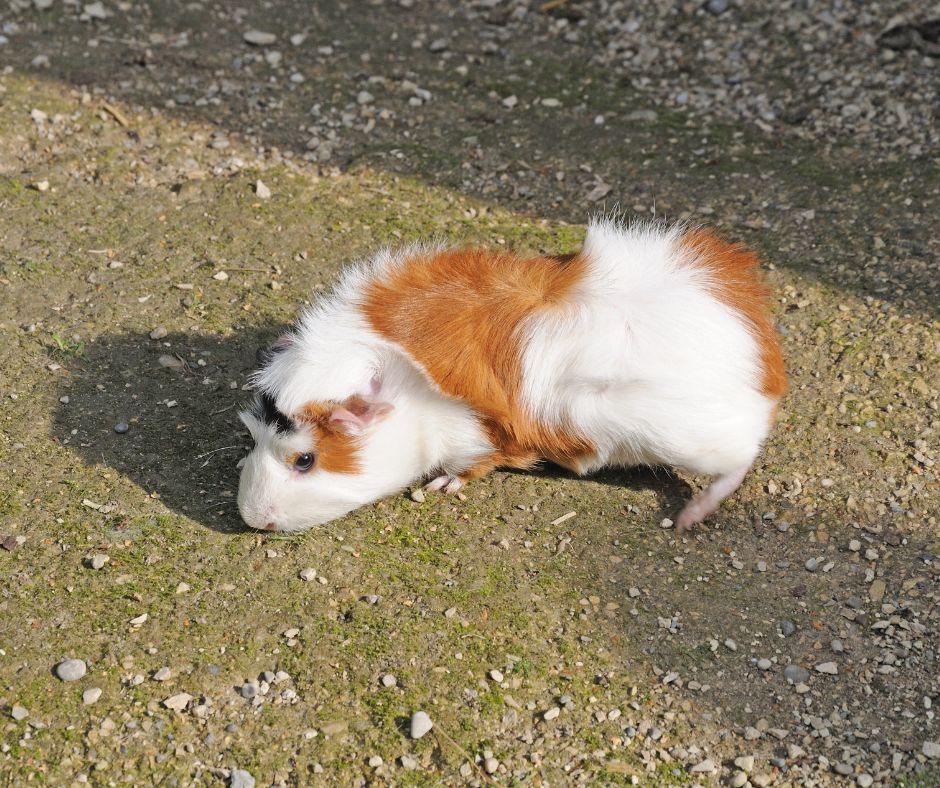
There are approximately three ways in which a guinea pig can receive a good amount of Vitamin D:
- Receiving direct sunlight- This is the easiest method. Direct sunlight doesn’t mean directly under the sun, guinea pigs like the sun but still have to be in shade. This is because guinea pigs can’t tolerate the heat that much, and heatstroke is possible.
When you let your guinea pig under the sun, be sure to be vigilant and provide shade at all times, 10 minutes daily is more than enough time for guinea pigs to receive sunlight.
- Sun-drying food- This is preferable, especially when it comes to hay. Hay has a lot of benefits in the guinea pig diet, and sun-drying hay gives it more advantages, such as increasing the amount of vitamin D.
- Incorporating Vitamin D in their diet – Providing supplements or dusting their meals with vitamin D, which is a 0.025 mg/kg diet. Some pig pellets are available in the market that offer this exact amount that is beneficial to your guinea pigs’ diet.
What Happens If Guinea Pigs Deficiency or Overdose Vitamin D?
It is essential to know the proper Vitamin D amount that your guinea pig should receive as Vitamin D deficiency or overdose can have health risks.
Vitamin D Deficiency In Guinea-Pigs
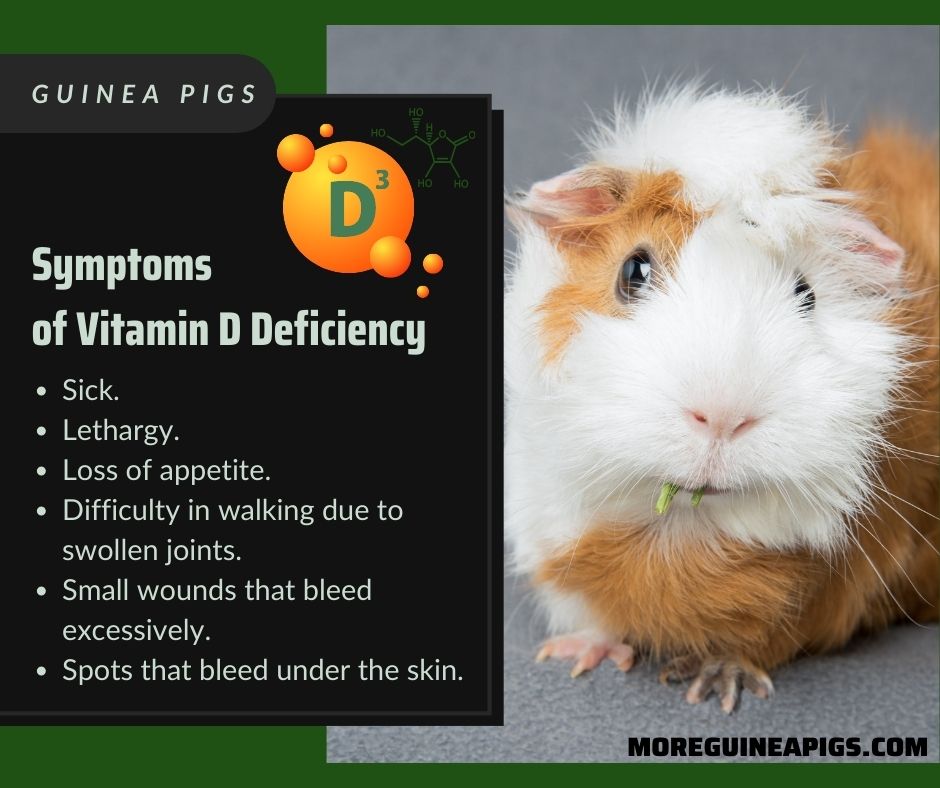
Having a low or a deficiency of Vitamin D is better than being overdosed. Both are dangerous, but it is easier to make amends for a deficiency in Vitamin D rather than overdose.
A significant risk in Vitamin D Deficiency is kidney stones, as vitamin D helps with breaking down calcium, if calcium is not adequately broken down, it won’t be absorbed by the kidneys and will just be stored, creating kidney stones.
Symptoms of Vitamin D Deficiency in Guinea Pigs are like any other symptom when they’re sick, which includes lethargy, loss of appetite, but the unique symptoms are difficulty in walking due to swollen joints, small wounds that bleed excessively, or spots that bleed under the skin.
In order to treat this in guinea pigs, one of the most efficient ways owners can do this is by giving guinea pigs 10 minutes of sunlight every day.
You can also sun-dry their hay for 30 minutes if you give them hay, and look for pellets that contain vitamin D. Ask your local pet store for their recommendations.
Vitamin D Overdose In Guinea-Pigs
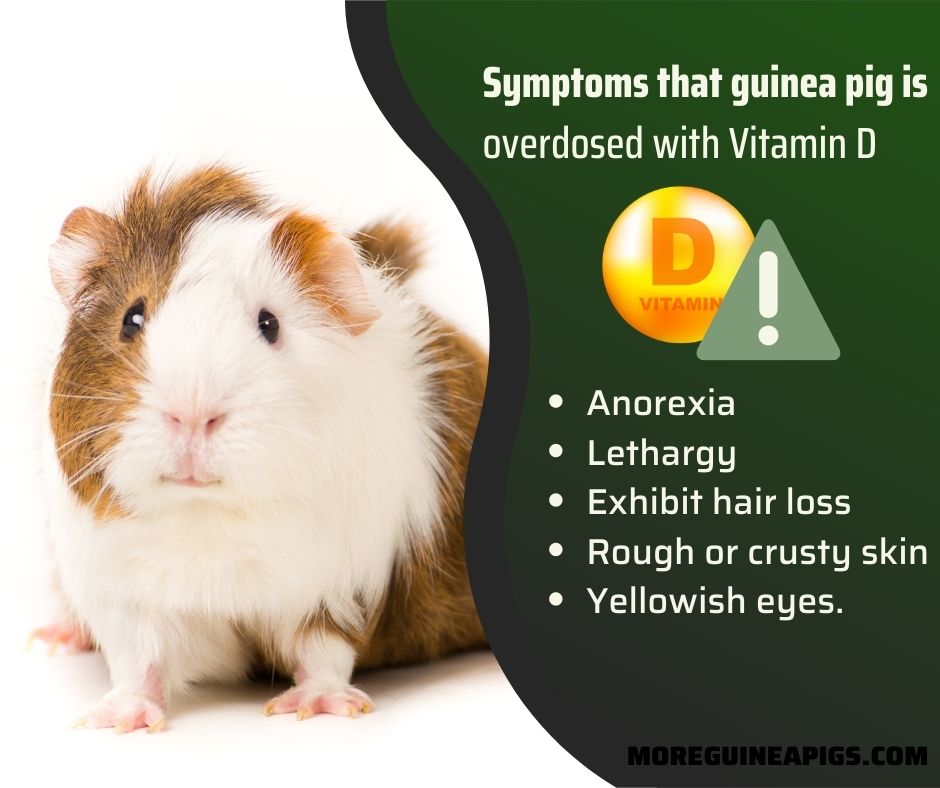
Health risks in overdose of Vitamin D in Guinea Pigs include polydipsia and polyuria with the worst case of renal disease, or kidney failure that results from a guinea pig overdosed on Vitamin D. Though this is not relatively common, it is something still to be aware of.
Symptoms that your guinea pig is overdosed with Vitamin D are Anorexia (not eating or eating too little) and lethargy, some guinea pigs also exhibit hair loss, rough or crusty skin, and yellowish eyes.
To avoid overdosing your guinea pig with vitamin D, it is important to have a list or schedule of when to give them vitamin D, as well as their diet plan to ensure that vitamin D is taken in at a proper amount.
Lessen outside time or time under the sun, you can use indoor lighting, and close this during nighttime. You can also move the location of the tank as well if it’s near a window to lessen exposure to direct sunlight.
What Other Vitamins Do Guinea Pigs Need?
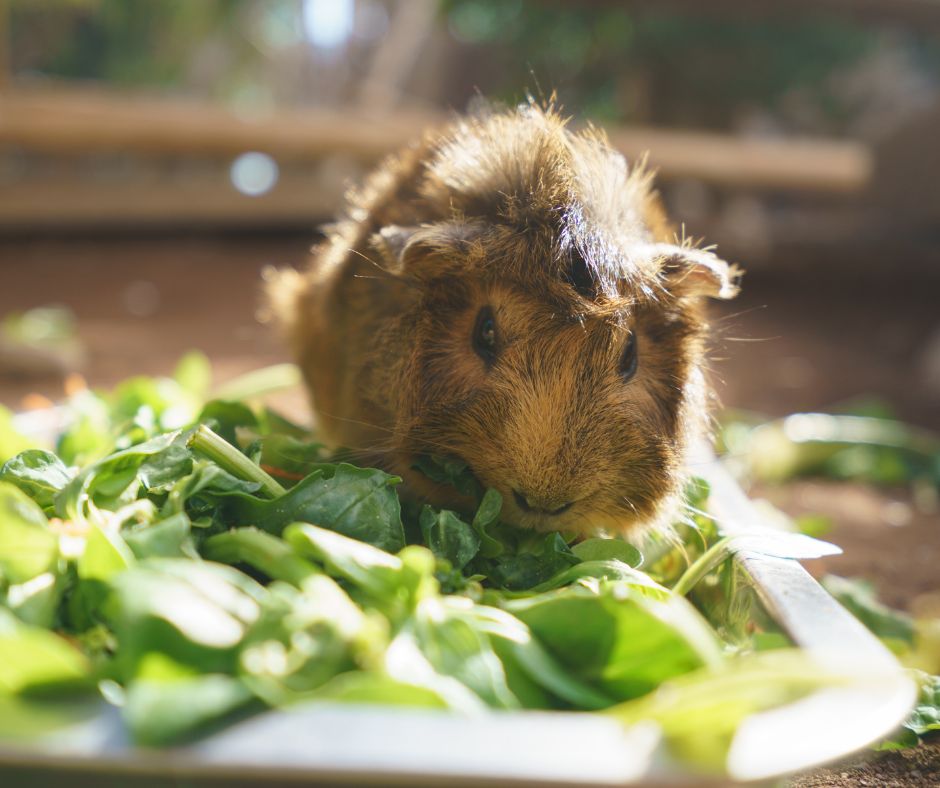
Other than vitamin D, guinea pigs also need these vitamins and minerals.
- Fiber – This is for a healthy digestive system as guinea pigs are more prone to these health issues, and to wear off excessive tooth growth to avoid lumps, abscesses, and cysts.
- Carbohydrates – The good carbs. This is to ensure that your guinea pig grows healthy, and active, which is a part of their lives.
- Protein – This is for muscle development, so they grow strong and won’t be too prone to diseases.
- Vitamin C – This is the most important vitamin of all. Guinea pigs cannot produce this independently and rely on their diets to intake this vitamin. This ensures that their immunity is good to avoid illnesses, and vitamin C also has a role in the maintenance of skin, and joints.
Oxbow Natural Science Vitamin C Supplement – Vitamin C for Guinea Pigs
In Short
In short, guinea pigs need Vitamin D. It may not be as important as Vitamin C, but it still is necessary for guinea pigs to have a healthier and happier life. Also, it’s used in calcium breakdown to ensure that kidney stones don’t form.
Guinea pigs receive Vitamin D in three ways: Direct Sunlight, Sun-drying Hay, and their diet. Vitamin D deficiency and overdose is a thing too, so always be vigilant and careful with taking care of your guinea pig.
We hope that the information you found in this article has been helpful to you and your concerns, until next time!
